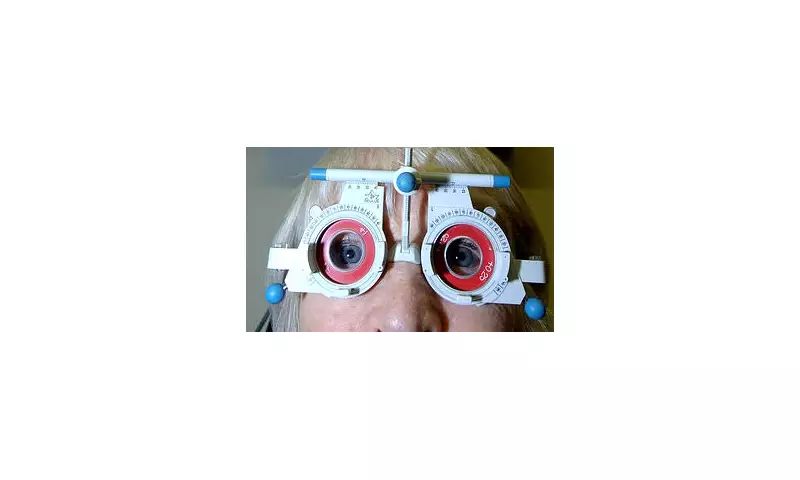
Thousands of elderly patients across England are being plunged into unnecessary darkness as NHS trusts ration vital cataract surgery through controversial 'visual acuity' thresholds, a Daily Mail investigation can reveal.
The findings expose a stark postcode lottery, with patients in some areas forced to wait until their sight has deteriorated significantly before becoming eligible for the routine 30-minute procedure.
The Postcode Lottery of Sight
Our investigation uncovered dramatic variations in access to treatment. In the most restrictive areas, patients must prove their vision is worse than 6/12 – meaning they would struggle to read a car number plate from 20 metres. Other, more lenient trusts, set the threshold at 6/18.
This arbitrary rationing leaves countless patients, many in their 70s and 80s, struggling to perform basic daily tasks such as reading, cooking, and recognising faces, profoundly impacting their independence and mental wellbeing.
A Deepening National Crisis
The crisis is compounded by soaring waiting lists, which have skyrocketed by 50% in just five years. Over 650,000 patients are now stuck in the queue for ophthalmology services, the highest number since records began.
Charities and medical professionals have issued stern warnings, stating that delays in treatment are not merely an inconvenience but a serious threat to patient safety, increasing the risk of falls and fractures among the elderly.
Voices from the Frontline
Professor Ben Burton, President of the Royal College of Ophthalmologists, condemned the restrictions, stating they force surgeons to "watch patients’ sight deteriorate until it meets a threshold for surgery." He described the situation as "frustrating" and contrary to all clinical advice.
Patient stories highlight the human cost. One grandmother recounted the terror of being unable to see her own grandchildren's faces, while others describe the loss of simple joys like reading a book or tending to their garden.
The Call for Action
Health campaigners and politicians are now demanding urgent government intervention to standardise care and end the cruel postcode lottery. They argue that the short-term savings are a false economy, leading to greater NHS costs down the line through increased falls and a loss of independence.
The Department of Health and Social Care maintains that it is providing record funding to reduce waiting lists. However, for those living in a blurred world, waiting for a surgery that could restore their vision, action cannot come soon enough.





